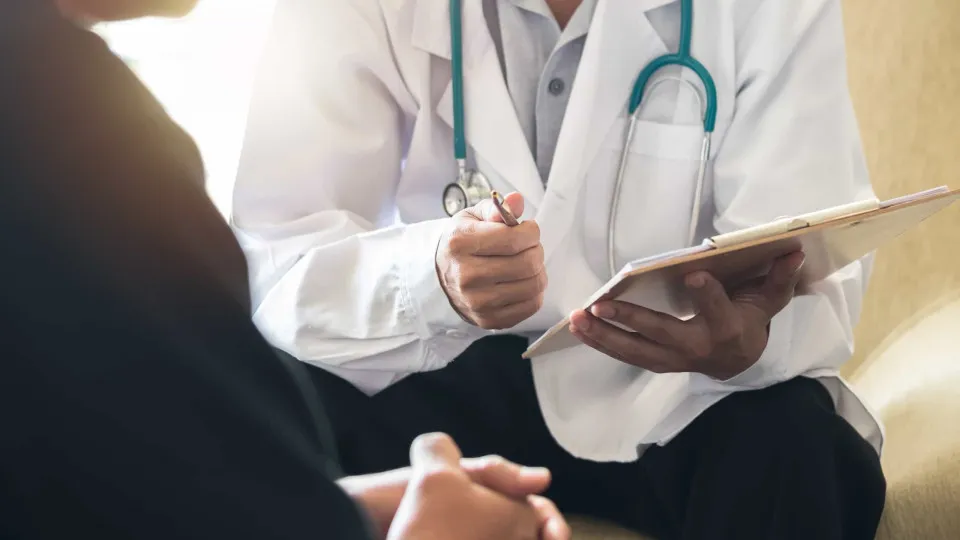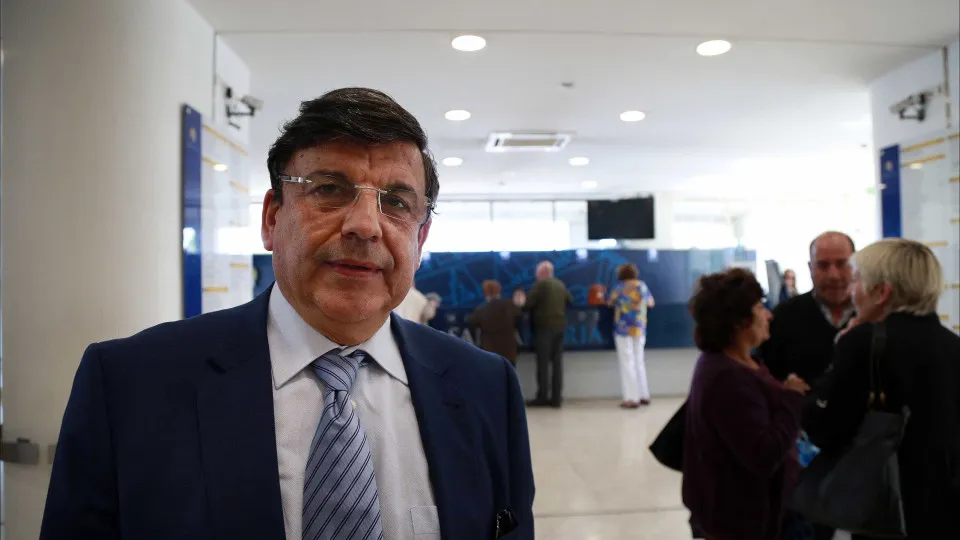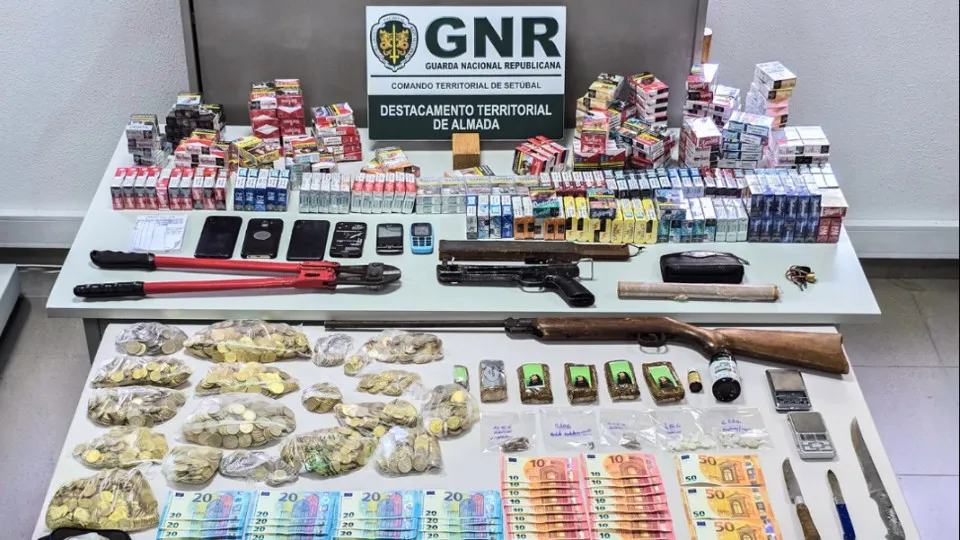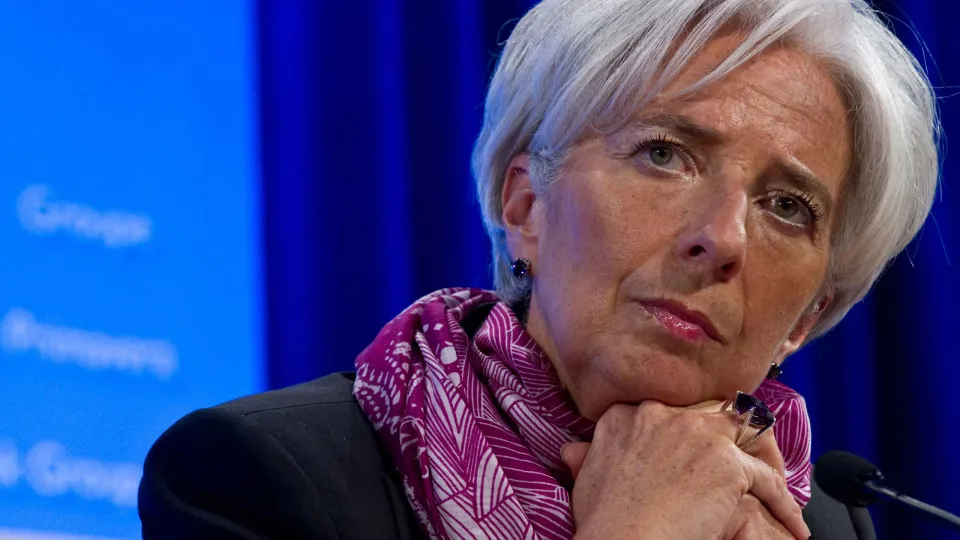
The reality faced by Dr. António Leuchner, one of 14 young medical graduates assigned to the Peripheral Medical Service (SMP) in Northern Portugal, reflects significant challenges in mental health care due to patient displacement. The SMP, established in June 1975 and highlighted at a conference in Lisbon, was critical in addressing these issues.
Dr. Leuchner recalled that mental health patients, when moved away from their communities, often lost familial support. “Families initially visit their loved ones monthly, then once or twice a year, and eventually stop altogether. This led to some patients remaining hospitalized for decades,” he noted.
These cases primarily involved patients with severe conditions. “People lost their roots and connections as families couldn’t provide the necessary support,” Dr. Leuchner explained.
“It was a very deficient reality,” commented Dr. Leuchner to Lusa, regarding the SMP’s significance as a precursor to the National Health Service (SNS), discussed during a conference at ISCTE.
The assigned doctors conducted consultations at local community centers and provided emergency services at local hospitals.
Towns such as Vila Pouca de Aguiar, Murça, Alijó, Santa Marta de Penaguião, Sabrosa, and Ribeira de Pena were regularly visited by Leuchner’s group, which drove his eventual specialization in psychiatry.
Still actively volunteering weekly, Dr. Leuchner is involved in organizing the conference by the Foundation for Health – SNS. He anticipates that discussions will yield insights for future healthcare strategies, reflecting on the enriching experiences of his past service.
During the SMP’s operation in 1976-77, “there were only a few doctors in the interior districts, leading to this initiative of broader medical distribution. In my year, we were 600 nationally,” he recalled.
The initiative was crucial, Dr. Leuchner stated, in realizing the constitutional right to health protection amidst “many gaps. Few individuals could provide such care,” he emphasized.
In Vila Real district, Dr. Leuchner noted, there was only one psychiatrist.
The conference, ’50 Years of the Peripheral Medical Service: A Silent Revolution that Transformed Health in Portugal’, features testimonies from other doctors and academic inputs.
For Dr. Leuchner, SMP’s fundamental legacy was introducing peripheral populations to regular medical assessments and routines, such as blood pressure evaluations and lab tests.
“The discontinuation of the Peripheral Medical Service was more a loss than a gain,” argued the doctor, who is part of the Foundation for Health’s board.
He proposes the program’s revival under new terms, emphasizing a broader team approach to healthcare provision. “Reflecting on and possibly upgrading the experience, where it’s not just doctors spread thin, but comprehensive health teams executing these interventions, is worthwhile,” he advocated.
The SMP operated from 1975 to 1982.
The conference features notable participants, including ISCTE’s Rector and former Minister of Education, Maria de Lurdes Rodrigues, former Health Minister Ana Jorge, historian Raquel Varela, alongside past government officials like Maria de Belém Roseira and António Correia de Campos.




